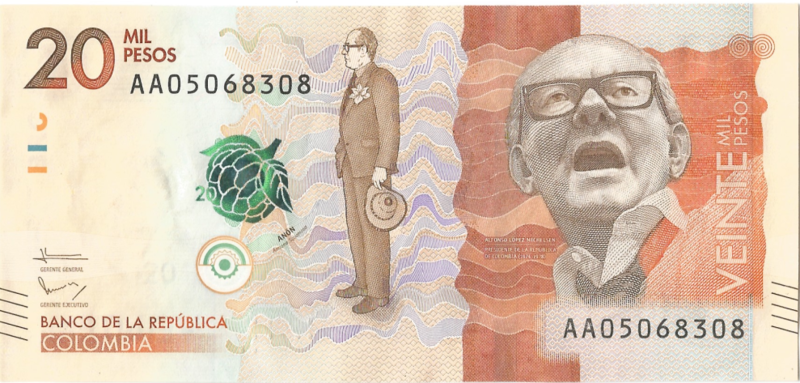‘Pico y Placa’, a measure implemented by the government to improve air quality in Medellin now have a new set of restrictions in place.
Originally intended as a means to reduce the toxic levels of pollution in Medellin’s city centre, Pico y Placa limits access to the roads at rush hour on certain days depending on the number on the vehicle’s number plate. Until now, the restriction has only affected privately owned cars and two-stroke motorbikes, but as of this week, the restrictions now include four-stroke motorbikes as well.
Not only this, but the measure has been extended to 6 days a week, with the 24th of February being the first Saturday where cars, motorbikes, vans and lorries are all affected. The times are the same (7-8:30am and 5:30-7pm) throughout the week.
Por Resolución Metropolitana 384 se declara el #EstadoDePrevención por #CalidadDelAire para todo el Valle de Aburrá. pic.twitter.com/DvFmMOH9EA
— Área Metropolitana del Valle de Aburrá (@Areametropol) February 22, 2018
Medellin, located in a valley, has notoriously bad air quality, as the fumes from vehicles have no way to escape. The weather conditions between February and April make this even worse, which is why the government has added new restrictions. Area Metropolitana (Metropolitan area) states that vehicles that are powered by fossil fuels make up almost 80% of the city’s pollution.
According to El Colombiano, between 22 and 26 February, the air quality improved by 35%, showing the effectiveness of the new Saturday restriction.
The news was bad for motorcyclists in Medellin, but perhaps not as bad as for motorcyclists in Bogotá as a new law has been passed in the capital making it illegal for two men to ride pillion on a motorbike. The Bogota Post reported that the measures were passed after a massive 75% rise in armed hold ups with two men on a bike, and it affects up to 300,000 people in the city, who feel they are being punished for the crimes of a small proportion of the population.
This restriction is already in place in parts of Barranquilla, Cali, Cucutá and Ibagué, and El Tiempo reported that all cities have seen a reduction in motorbike-related crime. The law was effective in Medellin from 2012 to 2015, but was removed, with the Tribunal Administrativo de Antioquia (Administrative Tribunal of Antioquia) saying it was contrary to the constitution as it removed the rights of many people who had no desire to commit crime. But with one out of two hold-ups committed by ‘parrilleros’, this might not last forever.
For more information about what vehicles are affected by the measures, check out the Pico Y Placa website.







